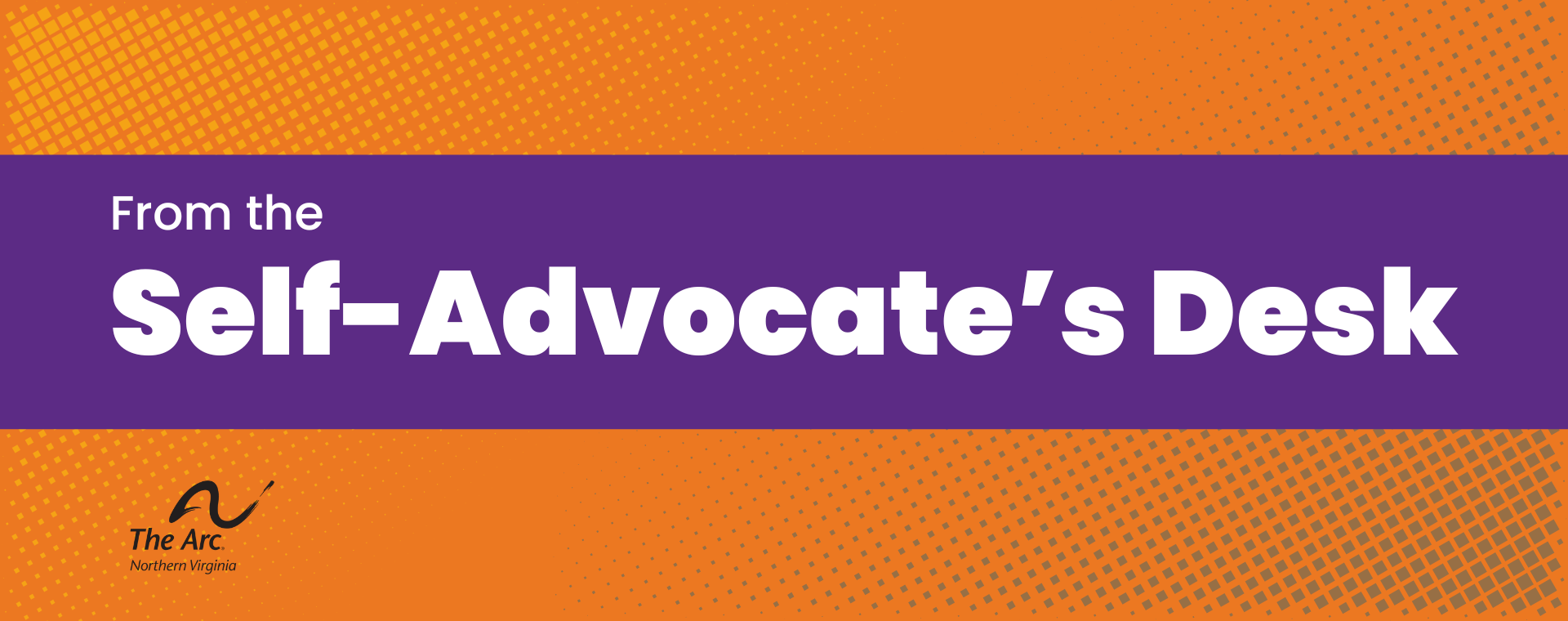In a world that demands performance, speed, and certainty, what happens to those of us who move differently, think differently, or speak softly? This is a reflection on what it means to live the quiet fight—and why that fight matters more than ever.
A World in Constant Motion
We live in a time of rapid change—technological shifts, political unrest, climate uncertainty, cultural polarization. Everywhere we turn, there’s noise: opinions shouted across platforms, demands to respond in real-time, pressure to remain constantly visible. For many people, this pace is exhilarating. For others, it’s overwhelming.
And for those of us who are neurodivergent or disabled, it’s more than overwhelming—it’s exclusionary.
We aren’t always seen in this noise. And when we are, it’s often through the lens of what we lack rather than what we offer. But beneath the surface of a society that celebrates boldness, there’s another kind of strength: the quiet fight. The fight to be heard without having to shout. To exist without apology. To claim our space without shrinking.
The Weight of the Noise
Noise isn’t just about sound. It’s the pressure to conform, to produce, to mask who we are so we can be deemed “professional,” “relatable,” or “normal.” It’s the expectation to be fast, articulate, charismatic—traits that aren’t accessible to everyone and shouldn’t be the standard of value.
For many neurodivergent and disabled people, this noise creates deep fatigue. We spend energy translating ourselves into the world’s language. Meetings that race forward, environments that are too bright or loud, the constant micro-adjustments we make to be perceived as capable—these all take their toll.
And when we can’t meet these expectations? We’re dismissed, underestimated, or left out entirely. The weight of the noise becomes the weight of invisibility.
Living the Quiet Fight
But still—we fight.
We fight when we choose authenticity over assimilation. When we set boundaries around our energy and needs. When we advocate for ourselves and others in systems that weren’t built with us in mind.
The quiet fight isn’t passive—it’s intentional. It happens in our decisions to take breaks, to ask for accommodations without shame, to speak up in our own way. It’s in how we nurture one another, tell our stories, and challenge exclusion without needing to dominate the room.
Quiet doesn’t mean weak. It means strategic. It means being rooted in who we are, not who we are told to be.
Systems That Silence Us
Adversity is not just personal—it’s systemic.
From education to employment to healthcare, systems routinely fail to consider neurodivergent and disabled people. Accommodations are treated as extras. Policies are created without our input. Inclusion is often performative rather than transformative.
Even in advocacy spaces, we face silencing. We are invited to speak but not to decide. Our lived experience is praised but rarely centered. Our labor is used, but our leadership overlooked.
This silencing is subtle but deeply damaging. It communicates, over and over, that we are not the norm—and therefore, not the priority. But every time we challenge that message, we chip away at its power.
Reclaiming Our Space and Power
To reclaim our space is to stop seeking permission to exist.
It’s recognizing that we bring value—not in spite of our disabilities or differences, but through them. That our insights are not deficits, but perspectives. That we do not need to justify our presence.
We reclaim power when we move from tokenism to leadership. When we set the agenda. When we model accessibility not as a footnote, but as a foundation.
And just as important—we reclaim space within ourselves. We unlearn shame. We rest. We embrace softness in a world that demands hardness. We give ourselves what the world often withholds: patience, understanding, and respect.
Honoring the Quiet Fight
The quiet fight is sacred.
It’s not flashy. It’s not always visible. But it is full of truth, full of courage, full of transformation. It is how we survive—and how we begin to thrive.
To honor this fight is to recognize that not every revolution is loud. Some are gentle. Some unfold slowly. Some begin with a single act of self-trust.
We are done asking to be seen. We are seen. We are building futures where we belong—not conditionally, not partially, but fully.
So if you are living the quiet fight: keep going. Your presence matters. Your pace matters. And your power, however it shows up, is real.
Call to Action
If this resonated with you:
- Share this article with someone who needs to hear that their fight is valid—even when it’s quiet.
- Start conversations in your community, workplace, or organization about what true accessibility and inclusion look like.
- Listen deeply to neurodivergent and disabled voices—not just during awareness months, but always.
Let’s build a world where no one has to fight to be included—and where every voice, loud or quiet, is honored.
Ian Allan is a self-advocate with a deep commitment to policy literacy, systems change, and disability justice. Through The Arc of Northern Virginia, he works to ensure that people with intellectual and developmental disabilities are not just served by systems—but shaping them.

